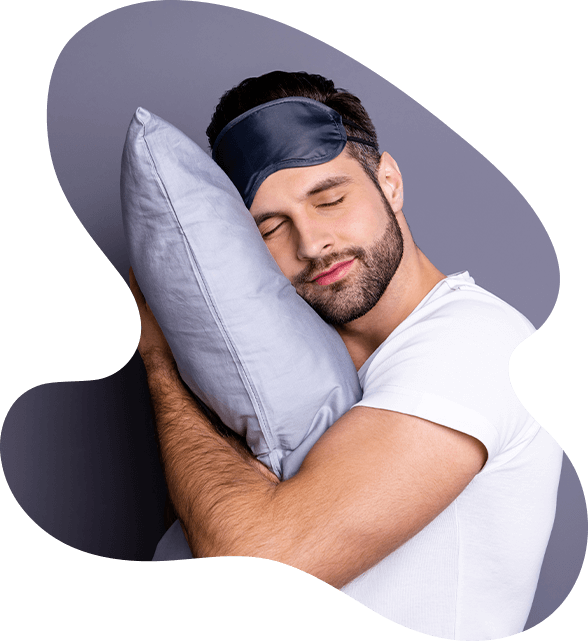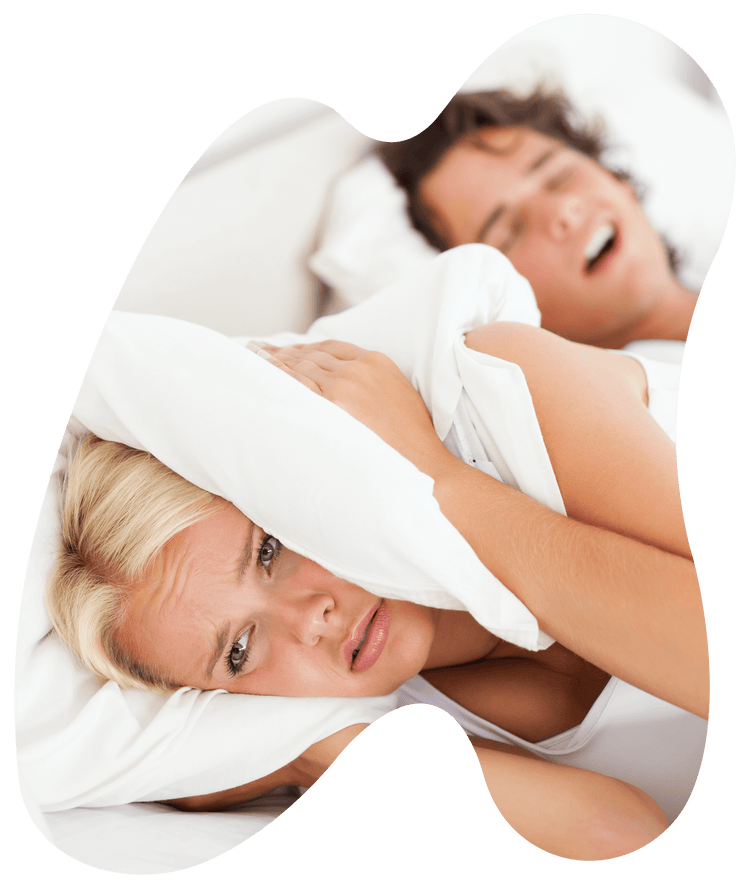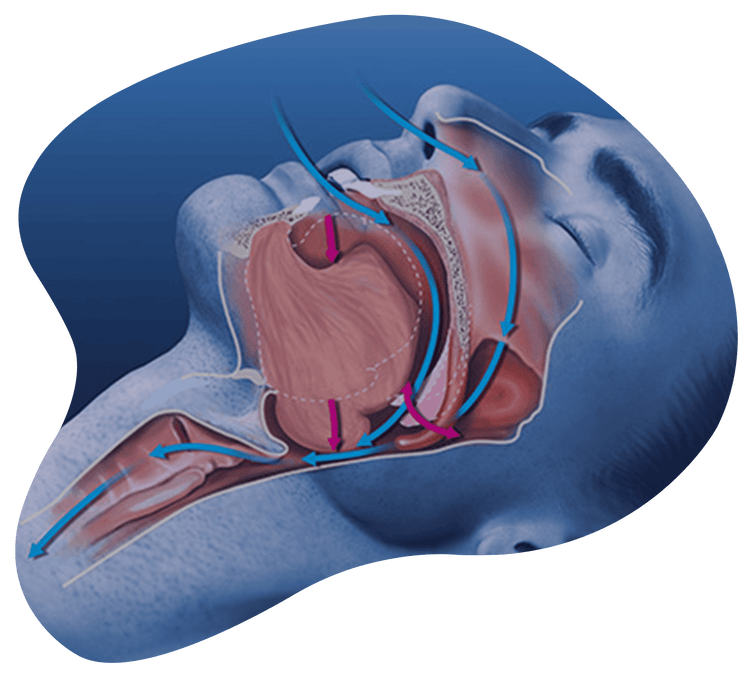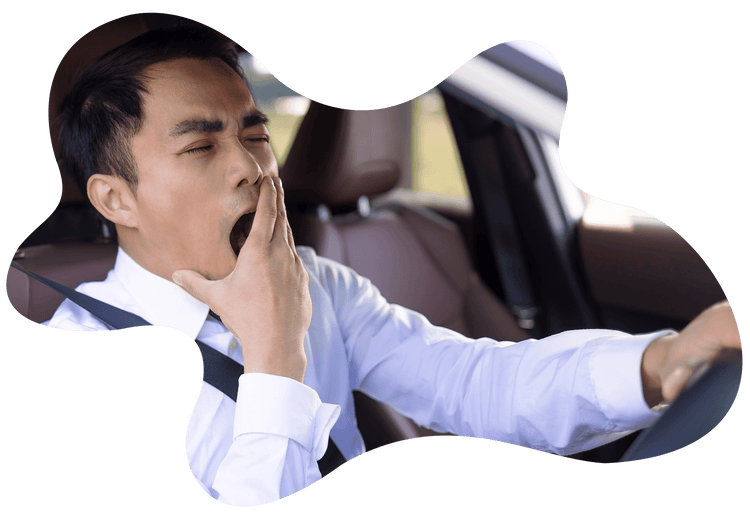
Our sleep apnea guide
Sleep apnea is a common disorder in which a person stops breathing temporarily or takes shallow breaths during sleep.
Obstructive sleep apnea (OSA): This is the most common form, caused by a blockage of the airway, usually when the soft tissue at the back of the throat collapses during sleep.
Symptoms of sleep apnea can include restless sleep, loud snoring, waking up feeling choked or suffocated, excessive daytime sleepiness, morning headaches, problems concentrating during the day, and an irritable or depressed mood.
It's important to treat sleep apnea because it can lead to serious health complications, including high blood pressure, heart disease, diabetes, depression and cognitive disorders.
Europe has around 125 million people who snore every night and one in two people say they live with someone who snores.
However, this problem is not trivial. In addition to ruining the nights of these people (two out of three snorers often say they are tired and in a bad mood), snoring is frequently caused by sleep apnea.
The latter multiplies by five the risk of cancer and considerably increases the risks of cardiovascular disease and diabetes. Further negative effects on their social life.
In this context, Back2Sleep® presents itself as a solution for the future.
1/ Chays 1, Florent 1. Le ronflement. Abrégés Masson 2010, 136p, p:9-21 -2/ Pessey JJ, Lombard L. Ronchopathie chronique. EMC,ORL 20, 261-A10, 2001, 15p. - 3/ Claire Gourier-Fréry et Claire Fuhrman, Département des maladies chroniques et traumatismes, Institutnational de veille Sanitaire (2012) - 4/ Damien Bidaine, Gérard Vincent, En finir avec les ronflements, 2015, p129. - 5/ Shahar et al.Sleep-disordered breathing and cardiovascular disease: cross-sectional results of the Sleep HeartHealth Study. Am J Respir Crit Care Med. 2001 Jan;163(1):19-25.
Sleep apnea (OSAS)
OSAS symptoms
A large proportion of sleep-breathing disorders are caused by OSAS, commonly referred to as sleep apnea.
Characteristic symptoms are “loud snoring” and “stopping breathing during sleep” which prevent the patient from having a deep and restorative sleep. Breathing pauses during sleep are often noticed by those around you.
Sleep is frequently restless and interspersed with repeated micro-awakenings.
There is sometimes the urge to urinate several times a night (nocturia).

Causes
In most cases, apnea is due to the relaxation of the tongue and throat muscles, which are not sufficiently toned.
They block the passage of air during breathing, we speak of obstructive sleep apnea (OSAS).
Age and obesity are aggravating factors because excess fat in the airways reduces its size.
More rarely, apneas are due to a dysfunction of the brain, which no longer sends the "order" to breathe to the respiratory muscles. This is called central sleep apnea.
Sleep apnea solution is available for snoring and severe sleep apnea during the night, with an intranasal stent to prevent nocturnal breathing disorders or sleep disturbance.

Complications
Patients suffering from OSAS have drowsiness, feel tired during the day.
They have difficulty concentrating.
This lack of rest leads to a risk of road accidents.
More serious, sleep apnea is a risk factor for hypertension, heart disease and stroke. OSAS (sleep apnea) should not be taken lightly.

Sleep apnea: what to do ?
To begin with, you'll need to make an appointment with a sleep specialist to diagnose the severity of your condition and make sure you suffer from OSAS.
You will then be able to use an intranasal stent to relieve your nights and avoid snoring problems thanks to good circulation in your upper airways.
